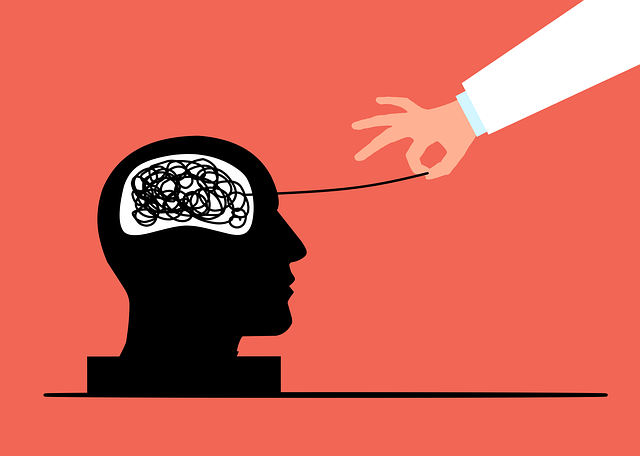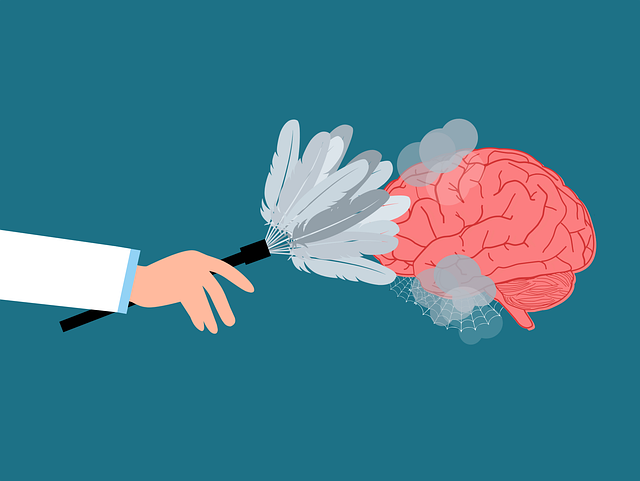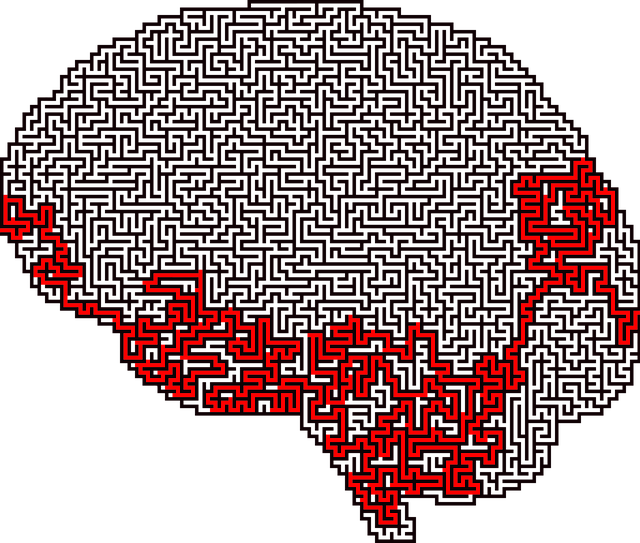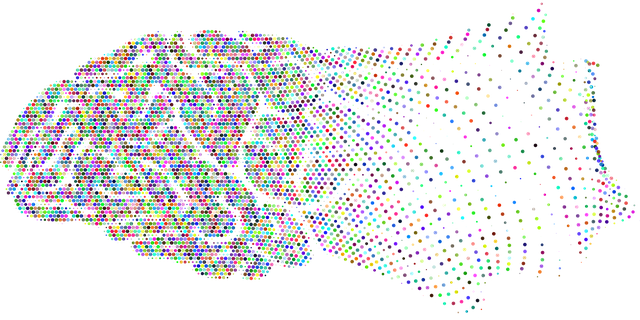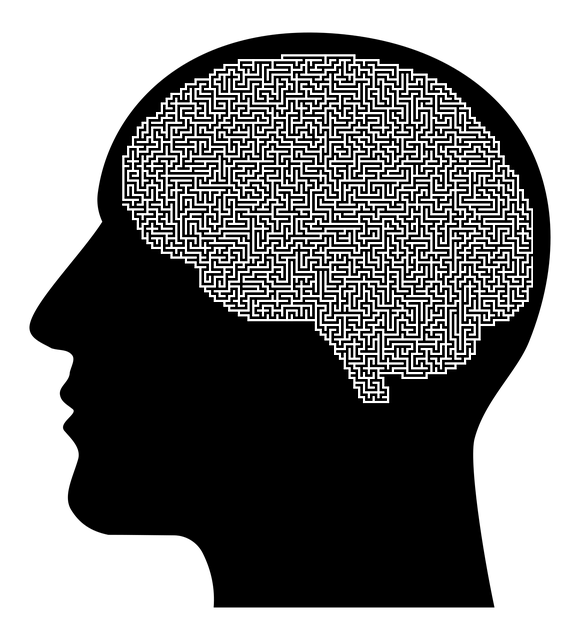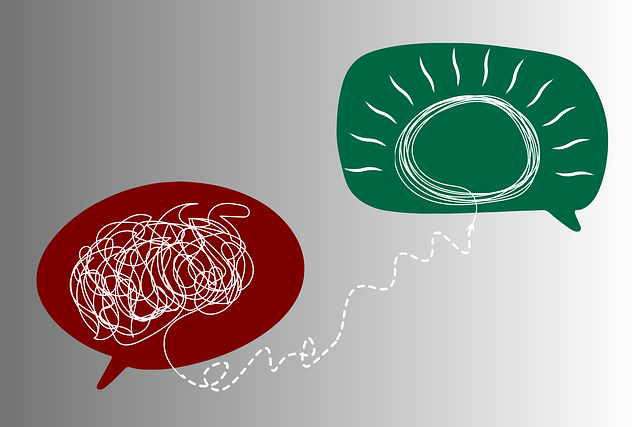Bipolar disorder, characterized by extreme mood swings, significantly impacts daily life. Diagnosis involves professional evaluations in Lakewood using tools like the Bipolar Spectrum Scale. Early intervention through Lakewood bipolar disorder therapy is crucial for risk management and improved outcomes. Treatment includes risk assessments, social skills training, and holistic strategies. Accessing local support services and exploring resources like the Mental Wellness Podcast Series aids navigation. Lakewood offers effective therapy options, including CBT and IPSRT, focusing on symptom reduction and lifestyle stabilization. Specialized therapy plans tailored to individual needs are provided, combining therapeutic modalities for holistic mental wellness. Community involvement through support groups and trauma services enhances resilience and recovery journeys.
“Mental illness diagnosis and treatment navigation can be challenging, especially for conditions like bipolar disorder. This comprehensive guide aims to demystify the process in Lakewood. We explore key aspects such as recognizing symptoms, understanding bipolar disorder, and navigating the local mental health system. Additionally, we delve into effective therapy options tailored for Lakewood residents, emphasizing personalized treatment plans. By offering support resources and highlighting community engagement, this article empowers individuals on their path to recovery from bipolar disorder in Lakewood.”
- Understanding Bipolar Disorder: Symptoms and Diagnosis
- Navigating the Mental Health System: A Step-by-Step Guide
- Therapy Options for Bipolar Disorder in Lakewood
- Creating a Personalized Treatment Plan
- Support Resources and Community Engagement for Recovery
Understanding Bipolar Disorder: Symptoms and Diagnosis

Bipolar Disorder is a complex mental health condition characterized by extreme mood swings, from elevated mania to deep depression. It’s essential to recognize that this illness goes beyond occasional mood fluctuations; it significantly impacts daily life and functioning. Individuals experiencing Bipolar Disorder often display intense energy, euphoria, or irritability during manic episodes, followed by periods of profound sadness, hopelessness, and fatigue in depressive phases. These shifts can be dramatic and recurrent, affecting work, relationships, and overall well-being.
Diagnosing Bipolar Disorder involves a comprehensive evaluation by qualified mental health professionals. This process typically includes a thorough review of personal and family medical history, detailed assessment of symptoms, and sometimes, specialized tools like the Bipolar Spectrum Scale or Structured Clinical Interviews. In Lakewood, access to Bipolar Disorder therapy is vital for accurate risk management planning, as early intervention can significantly improve long-term outcomes. Professionals might also employ risk assessments and social skills training as part of a holistic treatment approach, addressing not just symptoms but also enhancing patients’ coping strategies and overall resilience.
Navigating the Mental Health System: A Step-by-Step Guide

Navigating the mental health system can be a daunting task, especially when dealing with complex conditions like bipolar disorder. However, with the right guidance, individuals in Lakewood seeking Lakewood Bipolar Disorder Therapy can efficiently access the support they need. Here’s a step-by-step guide to help demystify this process:
Start by gathering information about your symptoms and medical history. Keep detailed notes on your experiences, including any traumas, as these could be relevant factors. Effective communication strategies with healthcare providers are crucial; don’t hesitate to ask questions or seek clarification during appointments. Additionally, exploring local Trauma Support Services can offer valuable resources for those with a history of trauma, often co-occurring with bipolar disorder. For a more proactive approach, consider tuning into the Mental Wellness Podcast Series Production, which provides insights and shares personal stories that promote mental health awareness.
Therapy Options for Bipolar Disorder in Lakewood

In Lakewood, individuals struggling with bipolar disorder have a variety of therapy options available to them. One prominent approach is Cognitive Behavioral Therapy (CBT), which focuses on identifying and changing negative thought patterns and behaviors associated with bipolar episodes. CBT helps patients develop coping strategies for managing mood swings, anxiety relief, and improving overall mental wellness. This evidence-based method has proven effective in enhancing emotional regulation, a crucial aspect of bipolar disorder treatment.
Additionally, Interpersonal and Social Rhythm Therapy (IPSRT) is gaining traction in Lakewood. IPSRT emphasizes the importance of stabilizing daily routines and maintaining strong social connections, which can help stabilize mood and reduce the frequency of bipolar episodes. By focusing on these areas, patients can achieve better emotional control and improve their overall quality of life. Together, these therapeutic approaches offer comprehensive support for those navigating bipolar disorder in the Lakewood community.
Creating a Personalized Treatment Plan

In navigating mental health challenges, such as bipolar disorder, a personalized treatment plan is paramount to effective management and recovery. At Lakewood Bipolar Disorder Therapy, our approach emphasizes individualization, recognizing that each person’s journey with bipolar disorder is unique. We work closely with clients to understand their specific symptoms, triggers, and life circumstances. This collaborative process involves a multi-faceted assessment, considering factors like medical history, family dynamics, and personal goals. By incorporating these insights, we develop tailored strategies targeting symptom reduction, stress management, and emotional well-being promotion techniques.
The plan may include a combination of therapeutic modalities, such as cognitive behavioral therapy (CBT), mindfulness practices, and medication management. We also prioritize burnout prevention strategies, as managing bipolar disorder can be demanding. Empathy building strategies are integral to fostering supportive relationships and creating a safe space for clients to express their experiences. Through this personalized approach, we aim to empower individuals to take control of their mental health, enhance their coping skills, and achieve lasting stability in their emotional lives.
Support Resources and Community Engagement for Recovery

Accessing support resources and engaging with the community are vital components of navigating mental health recovery journeys. For individuals dealing with bipolar disorder or other psychiatric conditions, Lakewood Bipolar Disorder Therapy offers specialized services tailored to their unique needs. These therapies often incorporate a range of evidence-based practices and emotional well-being promotion techniques to manage symptoms effectively.
Community involvement plays a crucial role in fostering resilience and social connections. Support groups, peer mentoring programs, and trauma support services can provide safe spaces for individuals to share experiences, learn coping strategies, and build a supportive network. By integrating these resources, individuals on their recovery paths gain valuable tools for conflict resolution techniques and enhanced overall well-being.
Navigating mental illness, especially bipolar disorder, can be challenging, but with the right support, recovery is achievable. This article has provided a comprehensive guide to understanding and managing bipolar disorder, from recognizing symptoms to accessing Lakewood Bipolar Disorder Therapy options and community resources. By following the step-by-step navigation process and exploring personalized treatment plans, individuals can take control of their mental health journey. Remember, seeking help is a sign of strength, and with dedicated support, it’s possible to live a fulfilling life while managing bipolar disorder.
